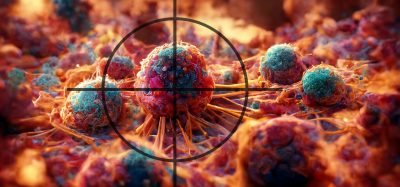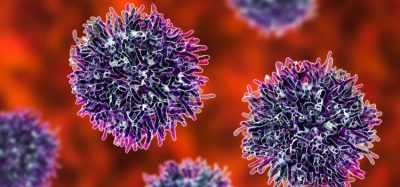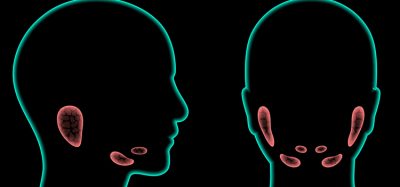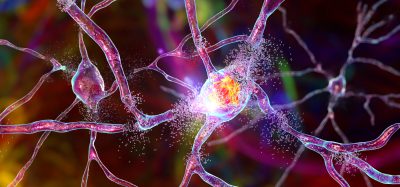New antibody shows promise in mice with Alzheimer’s disease
Posted: 21 September 2022 | Ria Kakkad (Drug Target Review) | No comments yet
Scientists at UTHealth Houston have developed an agonistic antibody that reduced the amyloid pathology in mice with Alzheimer’s disease.


A newly developed agonistic antibody reduced the amyloid pathology in mice with Alzheimer’s disease, signalling its promise as a potential treatment for the disease, according to a team of researchers at UTHealth Houston, US.
The researchers found that a tetra-variable domain antibody targeting the triggering receptor expressed on myeloid 2 (TREM2) – dubbed TREM2 TVD-lg – reduced amyloid burden, eased neuron damage and alleviated cognitive decline in mice with Alzheimer’s disease. The findings were published in Science Translational Medicine.
“Antibody-based therapy is a viable drug modality for the treatment of Alzheimer’s disease,” said Dr Zhigiang An, the study’s lead scientist.
TREM2 is a single-pass receptor expressed by microglia, supportive cells that function as scavengers in the central nervous system. Microglia play a crucial role in the removal of amyloids that cluster around amyloid-beta plaques, a hallmark of Alzheimer’s disease.
While previous research has shown that TREM2 plays an important role in the pathophysiology of Alzheimer’s disease, the recent findings suggest that increasing TREM2 activation could have therapeutic effects such as improved cognition.
Today is World Alzheimer’s Day, a global opportunity to raise awareness around the disease.
Check out the latest news on Alzheimer’s disease below!
- A new study has shown how tau weakens transmission across synapses in the brains of mice, providing insight into Alzheimer’s
- A novel peptide augments the brain’s natural mechanism to help prevent seizures and protect neurons in research models of both Alzheimer’s and epilepsy
- Scientists identify the molecular mechanisms behind learning and memory.
“By leveraging the unique antibody drug discovery capabilities at UTHealth Houston and collaborating with scientists with complementary expertise, we demonstrated the feasibility of engineering multivalent TREM2 agonistic antibodies coupled with TfR-mediated brain delivery to enhance microglia functions and reduce amyloid pathology in vitro and in vivo,” said co-senior author Dr Ningyan Zhang. “This antibody engineering approach enables the development of effective TREM2-targeting therapies for Alzheimer’s.”
Related topics
Antibodies, Disease Research, Neurosciences
Related conditions
Alzheimer’s disease
Related organisations
UTHealth Houston
Related people
Dr Ningyan Zhang, Dr Zhigiang An








